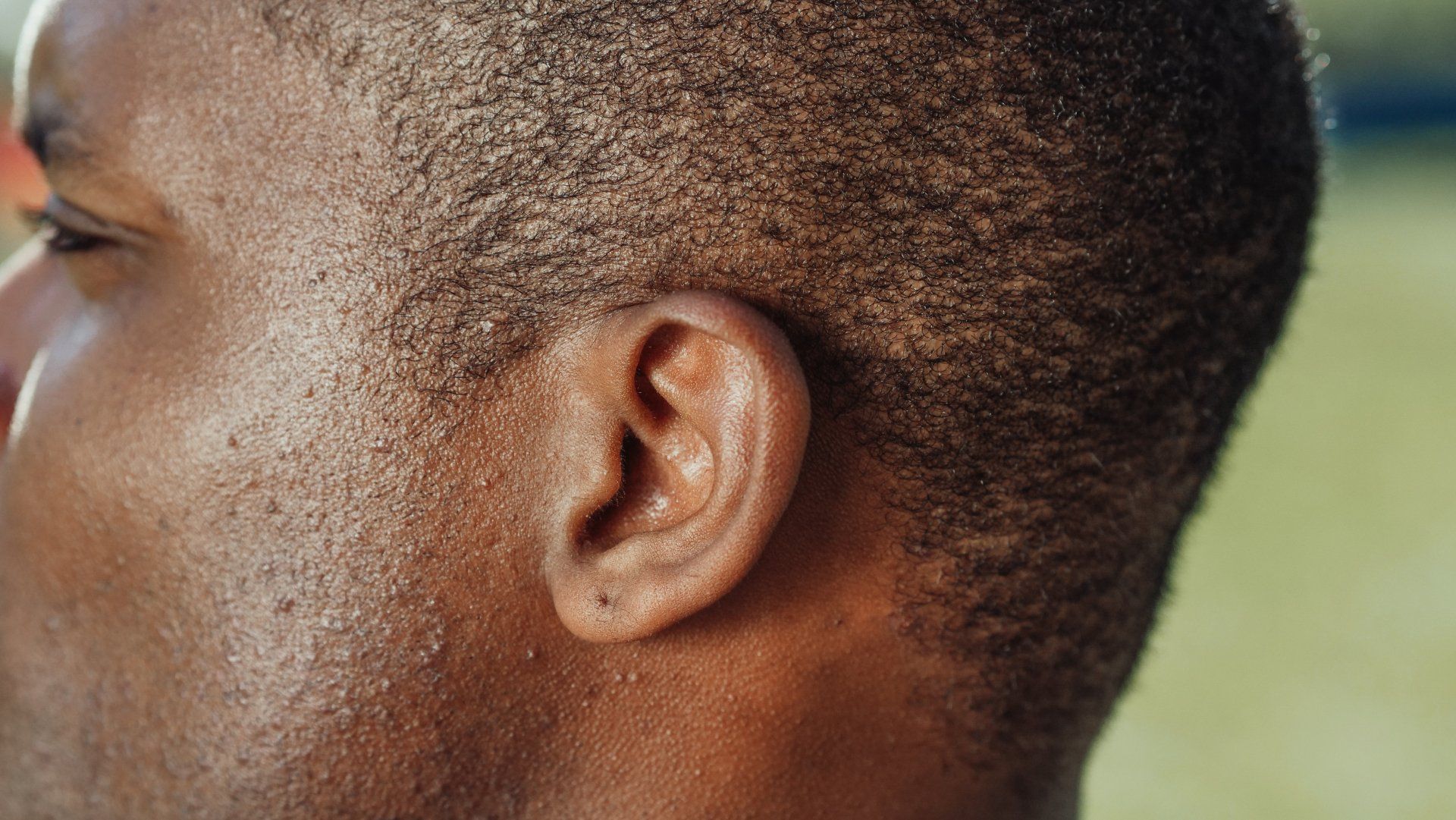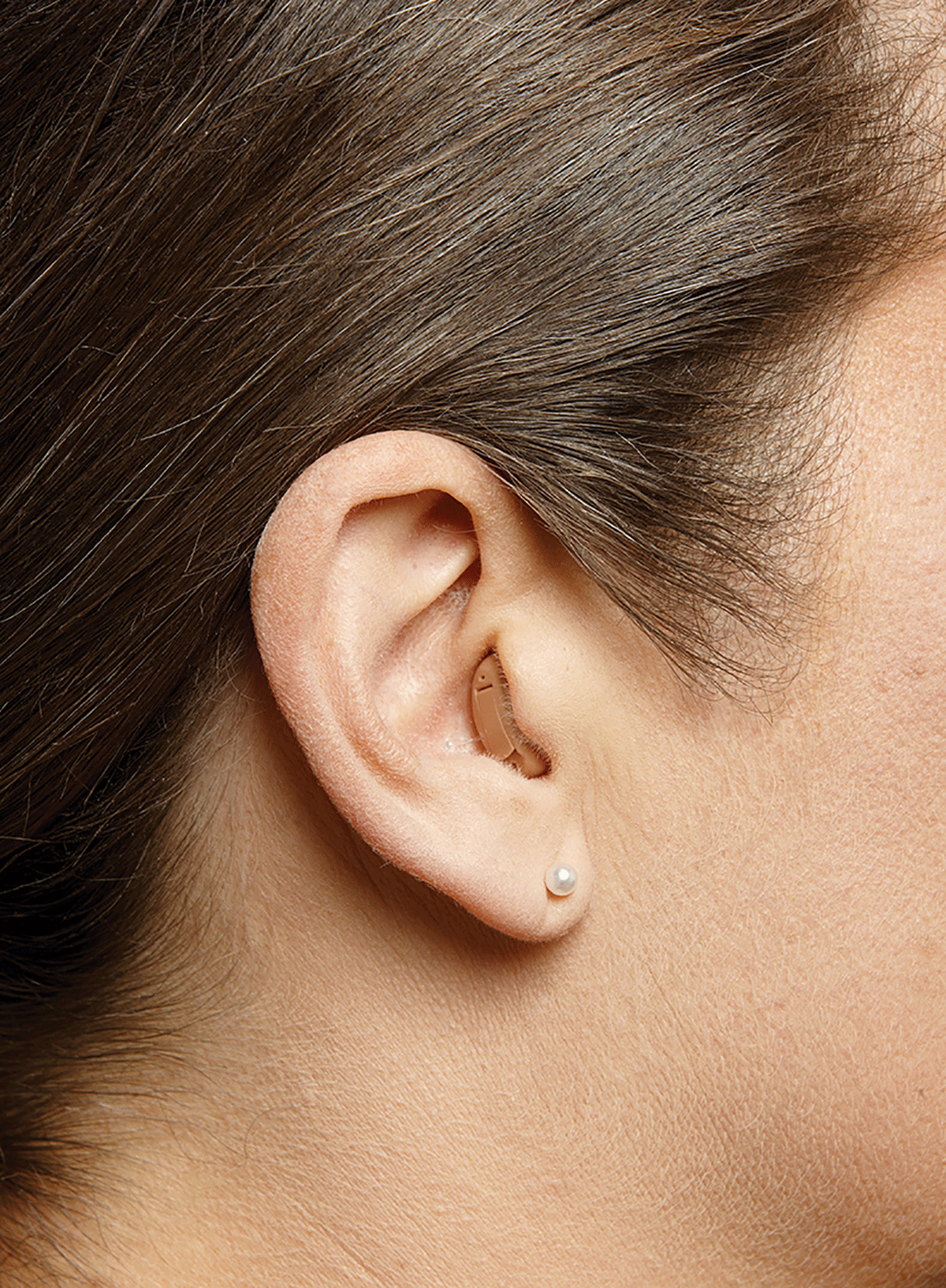Tips to Adjust to Your New Hearing Aids
For a first-time user it can take anywhere from a few days to 6 months to fully adapt to your new hearing aids. This timeframe will differ from person to person, but it is completely normal for there to be an adaption period after you’re fit with a new set of hearing aids.
There are no short-cuts when it comes to adjusting to your new hearing aids, however there are things you can do to help ease into this transition and make the process more seamless.
Adapting to new hearing technology
Hearing loss is often a gradual process, and the brain adapts to hearing at a lower level over time. Likewise, when you first receive your new hearing aids, your brain will need time to adapt to the new sounds it is perceiving. Because wearing a hearing aid is an instant change in sound levels, your brain is acutely aware of the difference and so it will take some time before it adapts, and for this new way of hearing to become your new normal.
This adjustment period is also common when going from older hearing aid technology to newer technology. The amount of time needed to adjust varies from person to person and this process depends on the cause of your hearing loss and how well your brain adapts to change.
Tips for adjusting to new hearing aids
Have your hearing aids professionally fitted
Hearing care professionals understand the process of adapting to hearing aids. They will ensure your new hearing aids are optimized according to your specific hearing needs and comfort level.
When hearing aids are programmed using best practices, they will be tailored to your hearing needs and adjusted in real time, while you are wearing the hearing aids, using a test known as Real Ear Measurement (REM). This ensures the hearing aids are programmed appropriately for you individually.
Without a professional hearing aid fitting, your hearing aids won’t match your hearing loss prescription and will tend to be more difficult to adapt to, less functional and can be uncomfortable to listen to.
If you experience any issues, let your hearing professional know
Most problems can be fixed, but we need to know about your issues to fix them. We recommend sharing your problems and concerns with your clinician sooner rather than later. While there is an adaption period your hearing aids should never cause you discomfort either from wearing them or the sound that you are hearing from them. If you experience this, it’s important you let your clinician know as soon as possible so they can work on a solution for you.
Some sound quality issues will resolve themselves during your adaption period, such as your own voice sounding different that you are used to. However, if you notice persistent issues with the quality of the sound from your hearing aids it’s important to let your clinician know as they can often make changes to the settings to achieve a more natural sound quality for you.
At Red Door Hearing, we are dedicated to supporting and guiding you through every step of the hearing care process. We want to hear about your challenges so we can fix any issues. That is why we include ongoing follow-up care with your purchase of new hearing aids at no additional cost.
Make sure to wear your hearing aids as often as possible
We recommend wearing your hearing aids all the time if possible. The more time you commit to wearing your hearing aids, the more time your brain gets to adapt to the new sounds it is receiving, and the faster the adaption process will run its course. If you are experiencing pain or extreme discomfort, you should stop wearing your hearing aids and contact us so we can help you determine the problem and help find a solution.
Start a new hearing aid routine right away
Getting into a routine with your new hearing aids will help integrate them into your life as they become a natural part of your day. Putting your hearing aids on first thing in the morning will be just as natural as waking up and putting on your glasses and taking them out right before bed will become apart of your nighttime routine just like turning off your lamp before sleep.
New routines take time to create, but they will get you in the habit of using hearing aids as soon as possible. Remember: you’re retraining your brain to get used to receiving sounds it may not have been hearing for a long time. Once it becomes a routine, you often forget you are even wearing hearing aids in the first place.
Try turning down the volume If your hearing aids are uncomfortable
Ideally you should wear your hearing aids set at their prescriptive volume as much as possible. However, if you need to turn the volume down slightly while you get used to wearing the hearing aids this will still provide more benefit then not wearing the aids at all. Even with the volume turned down, wearing hearing aids gives your brain an opportunity to adjust to new sounds. Again, the longer you wear your hearing aids, the more time your brain has to adjust to them. It's all about finding a balance between comfort and training your brain.
It’s not a bad idea to keep track of your progress. Take notes of the time, situations or environments where you find your hearing aids to be uncomfortable. This information can help us improve the settings and programming of your hearing aids.
Keep an open mind with this new experience
Getting hearing aids is often a brand-new experience and for many people it’s a big change that happens later-on in life. This can sometimes make it difficult to tolerate the adaption period, so it helps to be open to the experience and be willing to adjust as you go along in your hearing health journey.
We recommend patience and a willingness to share your experiences. Be sure to keep your clinician informed of any updates or challenges and let your close family and friends know what you are going through. Most people will be understanding and accommodating when they know what you are working on, and a strong support system will help you be successful with your hearing aids in the long run.
We’re here to help
At Red Door Hearing, we offer ongoing services that continue well after you’ve initially received your new hearing aids from us. We aim to minimize any issues you might have and maximize your level of comfort and success.
Take back control of your hearing health and get the most out of your life. Book an appointment with Red Door Hearing today.


